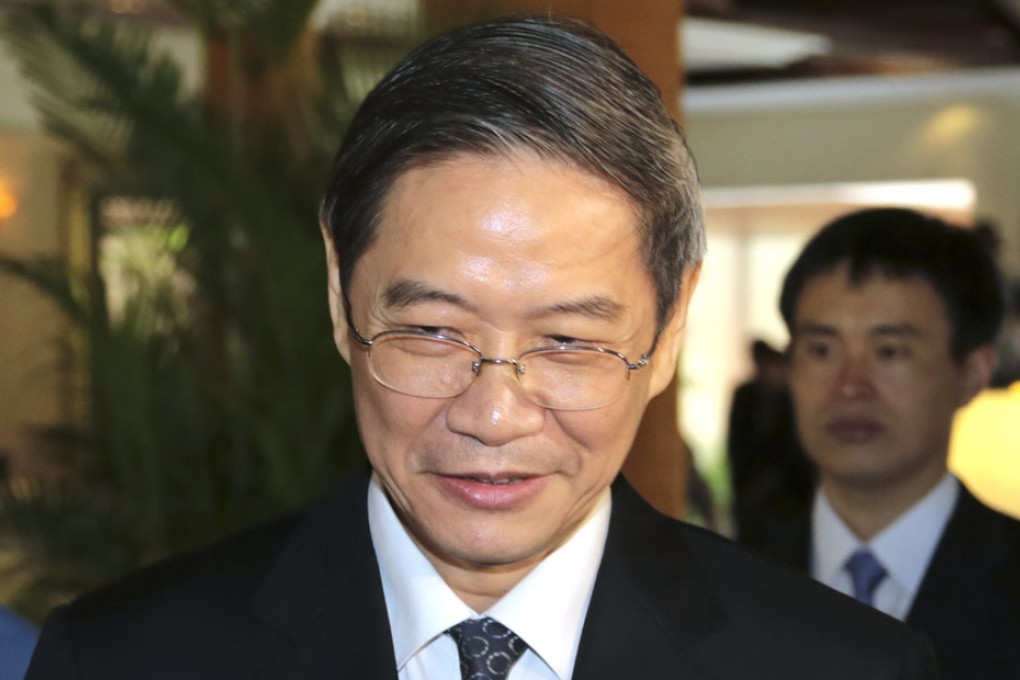Taiwan under pressure to engage China in political dialogue
Talks on consensus for possible political dialogue follow a warning from Xi Jinping that a resolution to the 'political divide' can't wait forever

Experts from both sides of the Taiwan Strait have completed two days of talks in Shanghai to seek consensus on the possibility of future political dialogue between the two sides.
Analysts regard the first Cross-Strait Peace Forum as highly significant, following a recent warning by President Xi Jinping that lingering political issues between Beijing and Taipei should not be left to the next generation to resolve.
They also say the presence of several prominent scholars and politicians from Taiwan's opposition Democratic Progressive Party signals a growing desire for the pro-independence camp to participate in such events so it will not be left out in future should official political talks start.
The two-day forum, which began on Friday, was held under the watchful eyes of the government of Taiwanese President Ma Ying-jeou, whom, analysts say, is eager to make cross-strait rapprochement his legacy after his current term ends in May 2016.
Zhang Zhijun, head of the State Council's Taiwan Affairs Office, said at the opening of the forum on Friday that it was "unrealistic" and "impossible" for the island to deal only with economic issues while ignoring political matters.
"[The mainland] has the necessary patience as well as a strong determination to see cross-strait unification, but that does not mean waiting passively without doing anything," Zhang told Taiwanese media.
Noting that Taiwan and the mainland fall within the one-China framework - Beijing's bottom line it considers non-negotiable - Zhang asked forum participants to find ways for breakthroughs on outstanding issues that have restricted or even prevented cross-strait relations from progressing further.